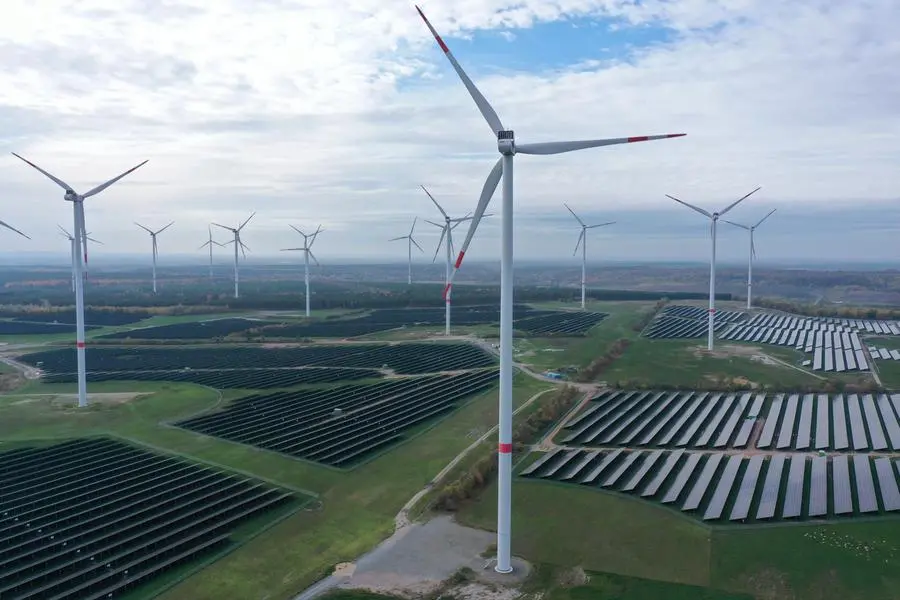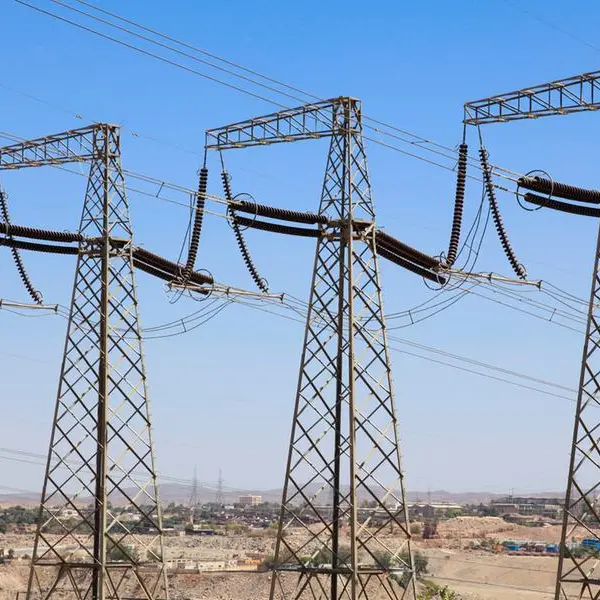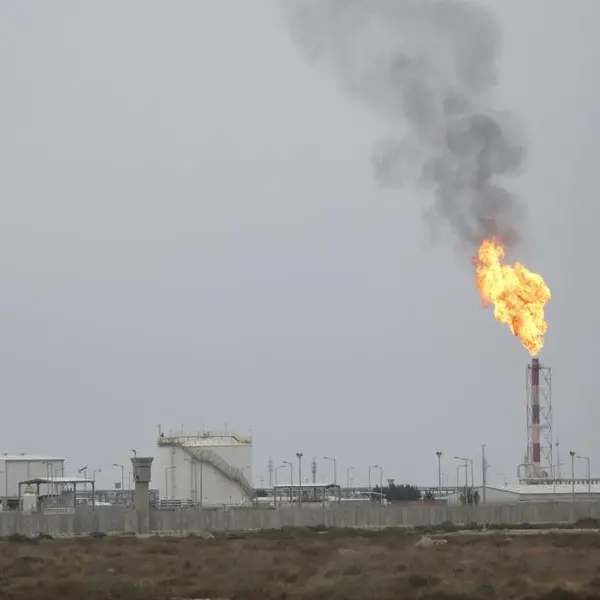PHOTO
KUWAIT CITY: Dina Al-Naqeeb, Director of the Research and Technology Activation Department at the Kuwait Foundation for the Advancement of Sciences (KFAS), has emphasized the Foundation’s role in spearheading energy projects to support sustainable development. Over the past decade, KFAS has launched various initiatives aimed at reducing carbon emissions and fostering cleaner energy systems.
In an interview with Al-Rai, Al-Naqeeb highlighted that a specialized team, in collaboration with Hartree Partners, the Petroleum Corporation, the Ministry of Electricity, and several other key institutions, has prepared a comprehensive energy transformation white paper. This initiative marks Kuwait's first roadmap for energy transition, which is projected to generate net economic gains of $390 billion by 2060.
The roadmap targets major energy consumers, including electricity, transportation, and the oil sector, which together account for 70% of Kuwait’s energy usage. Al-Naqeeb stressed that cooperation between government, oil, and private sectors will be crucial to the document's successful implementation. The energy transition document outlines four phases, beginning with establishing regulatory frameworks by 2030 and culminating in the adoption of cutting-edge renewable energy technologies by 2060.
Regarding solar energy, Al-Naqeeb mentioned that if photovoltaic solar cells had been installed in 200,000 homes in recent years, the additional 1 GW of energy would have helped reduce the load on the national grid and minimized power outages.
Al-Naqeeb detailed KFAS’s contributions to energy research, which rank second only to health projects in terms of funding over the past five years. Notable initiatives include collaborative research with Kuwait University and the Belgian Research Institute for Microelectronics (IMEC) to develop perovskite solar cells, which aim to improve solar energy efficiency under Kuwait’s climatic conditions.
Additionally, KFAS has funded the development of nano-coatings to reduce energy consumption in buildings, as well as an interactive dashboard to monitor Kuwait’s energy sector performance. Future projects include collaboration with the University of Berkeley on direct air capture technologies.
KFAS has also issued several key white papers in collaboration with relevant authorities to support energy policy development in Kuwait. These include the 2018 Energy Security Strategy, the 2021 National Hydrogen Economy Strategy, and the 2022 Suburban Cooling Strategy, each addressing various aspects of Kuwait’s energy transition goals.
Al-Naqeeb emphasized that Kuwait can achieve multiple objectives by capitalizing on energy transition opportunities, such as securing energy sources, creating new markets, generating employment, and enhancing Kuwait's global standing in climate change commitments.
KFAS continues to fund model energy projects, including efforts to increase energy efficiency in commercial and residential buildings and has supported solar energy initiatives across various sites in Kuwait. Al-Naqeeb concluded that the foundation’s role is not limited to project implementation but includes stimulating creative initiatives and supporting scientific research to build a knowledge-based economy in Kuwait.
Arab Times | © Copyright 2024, All Rights Reserved Provided by SyndiGate Media Inc. (Syndigate.info).





















